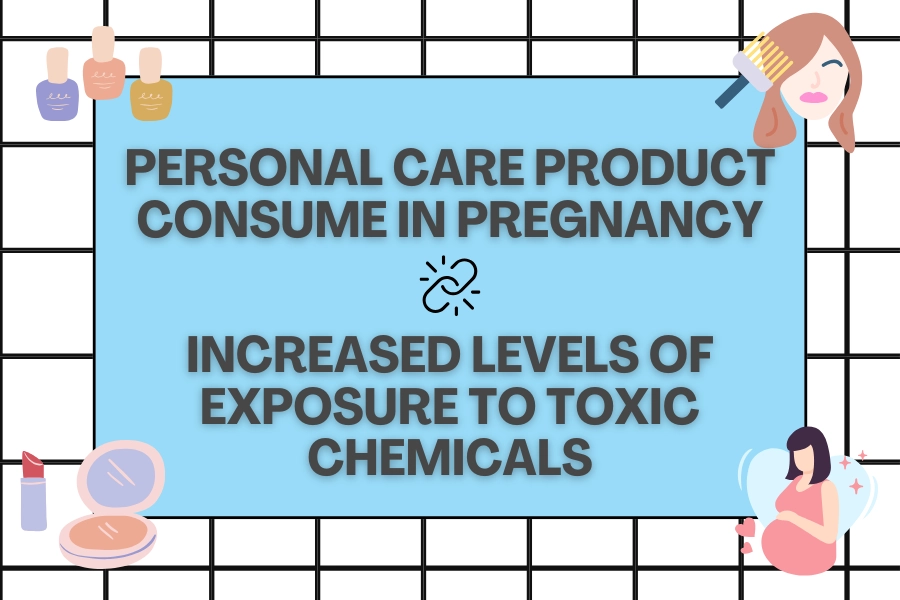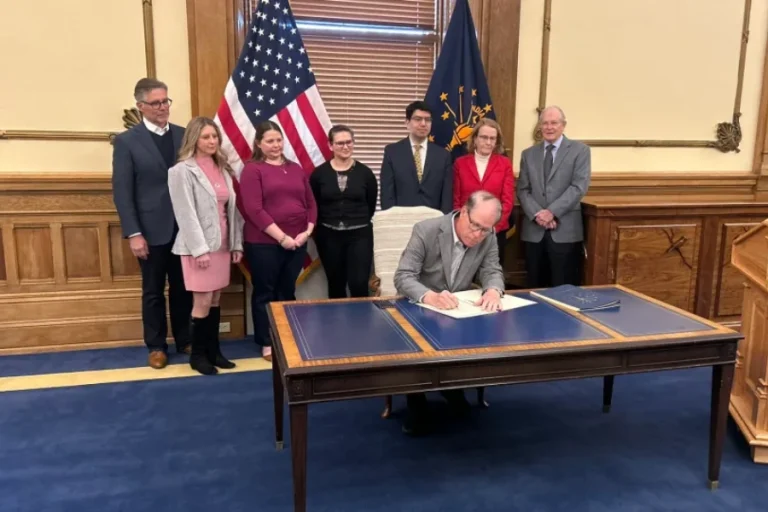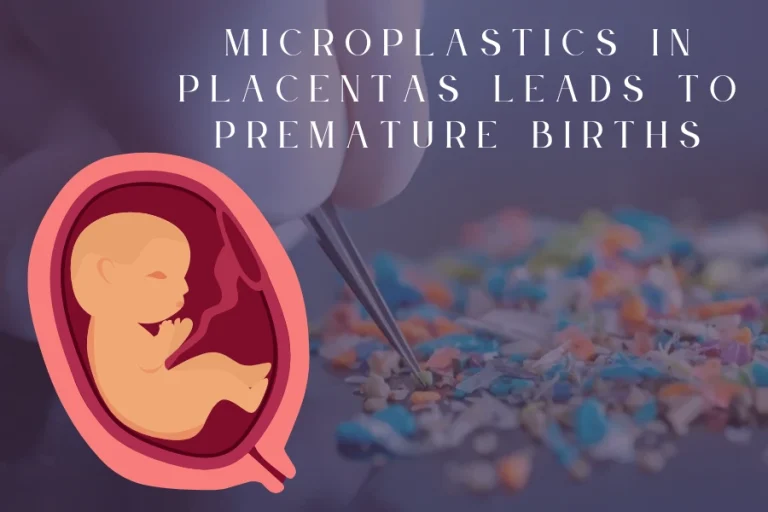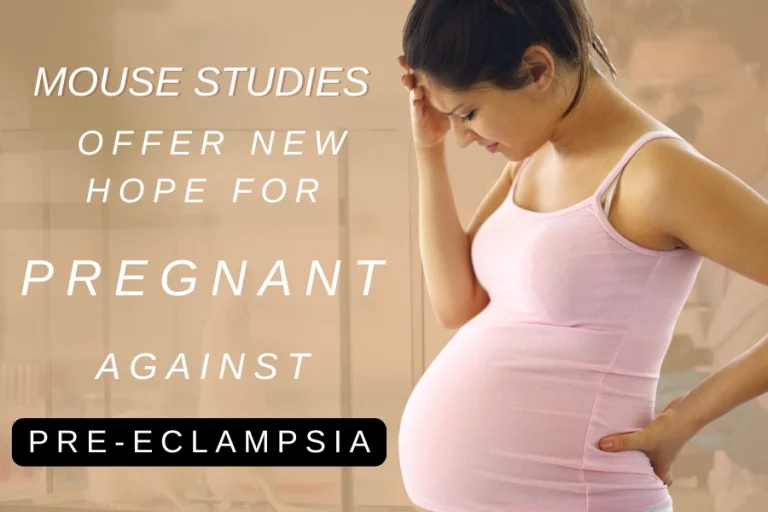
A recent study from Brown University found that for women who are pregnant or breastfeeding, the use of multiple personal care products is linked to exposure to toxic chemicals known to have adverse health effects1.
This research found that the consumption of personal care products like makeup products, nail polish and hair dyes during pregnancy or nursing had significantly higher concentrations of per- and polyfluoroalkyl substances. These synthetic chemicals are known as PFAS, in plasma and breast milk.
PFAS have been used in consumer and industrial products since the 1950s because of their resistance to oil, water, and heat. The study notes that PFAS have been linked to a range of adverse health effects, including cardiovascular, cardiometabolic problems, liver disease and various cancers. According to researchers, there are also some impacts on children that should be noticed such as preterm birth, low birth weight, some neurodevelopmental disorders and reduced ability to absorb vaccines.
Although PFAS can be found everywhere in the body and environment, personal care products are a changeable source of PFAS. Pregnant or nursing women are able to reduce the use of personal care products during pregnancy and postpartum.
Brown University researchers implemented the Maternal-Infant Research on Environmental Chemicals Study to appraise the personal care product and pregnancy. The Maternal-Infant Research on Environmental Chemicals Study attracted 2,001 pregnant women from 10 cities in Canada in the period of 2008 and 2011. They analyzed the amount of PFAS in personal care products that are absorbed in both prenatal blood plasma, from 6 to 13 gestational weeks, and breast milk, from 2 to 10 weeks afterbirth. These participants also sent frequency of use across 8 categories during the 1st and 3rd pregnancy trimesters, one to two days postpartum, and two to 10 weeks postpartum.
Finally, the study shows that pregnant women in the first as well as third trimesters who use nail care products, fragrances, makeup, hair dyes and hair sprays or gels everyday got higher plasma PFAS concentrations than those who did not. Particularly, they had higher PFAS concentrations in their blood plasma and breast milk in the first trimester with 14 percent and third trimester with 17 percent higher. Moreover, women who consumed colored-permanent dye 1 to 2 days afterbirth had higher levels of PFAS in their milk concentrations, 16 to 18 percent compared with those who did not use dyes.
Hall emphasizes that this study just researched 4 common types of PFAS among thousands used in commerce and industry. So, the study undervalued the PFAs exposure levels of personal care products.
Braun recommended that future researchers analyzing product formulation, frequency and timing and PFAS exposure should find indifferences by product type. This type of research can guide individual choices and also inform PFAS regulation, he said. From there, pregnant and postpartum mothers can guide their personal choices and also know information about PFAS regulations.
- Amber M Hall, Jillian Ashley-Martin, Chun Lei Liang, George D. Papandonatos, Tye E Arbuckle, Jessie P. Buckley, Kim M Cecil, Aimin Chen, Linda Dodds, Mandy Fisher, Bruce P. Lanphear, Dorothea FK Rawn, Kimberly Yolton, & Joseph M Braun. (2024, 11). Personal care product use and per- and polyfluoroalkyl substances in pregnant and lactating people in the Maternal-Infant Research on Environmental Chemicals study. Environment International, 193. https://doi.org/10.1016/j.envint.2024.109094 ↩︎






